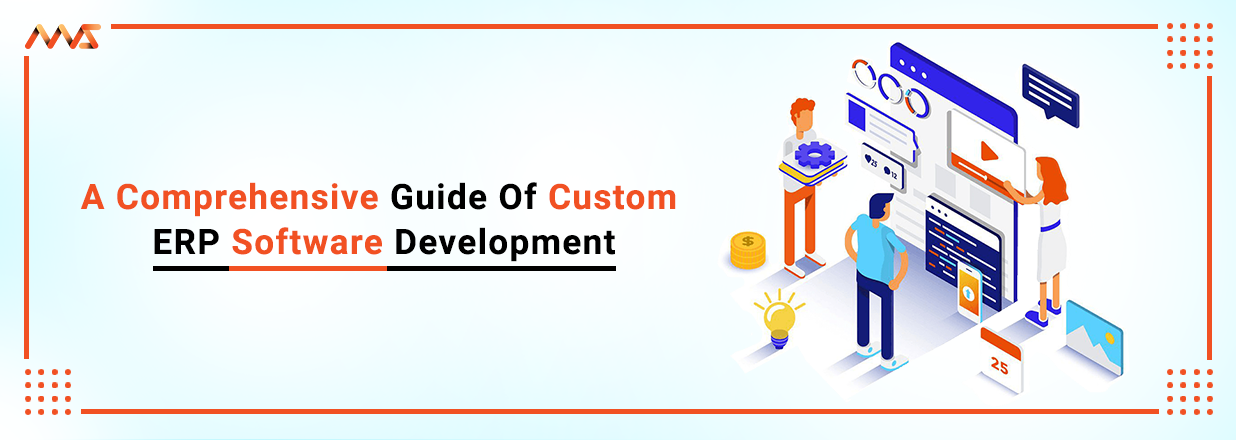In today’s digital transformation era, businesses must precisely plan and control processes and resources in real-time to succeed. To achieve this, companies can implement ERP systems.
What is ERP?
ERP stands for Enterprise Resource Planning; it can also be considered the best software in the software era. It simply means that whatever your business, you have to deal with different departments to manage it.
Apart from that, companies only run from critical departments such as HR and human resources to purchasing. As long as the business is small, business owners can manually verify all of this. But what if your company has more than 1500 employees? Of course, in a large organization, all departments work. Now people will remember so many things and have to make all the important decisions and the chances of getting them wrong increase manually. That's why ERP was invented; everything is managed centrally through software. This also facilitates internal communication between different departments and allows the company to behave this way.
“Modern ERP is more than just service integration. They incorporate artificial intelligence, cloud computing, big data analytics, and so on to boost productivity.”
With the technology, everything is connected to a central database and there is more transparency in such situations. Centralization here also refers to the networking of databases. In a nutshell, it's easy to see in your ERP why one department won't share files with other departments.
Types of ERP Software
There are mainly three types of ERP software.
1. Small Business ERP
2. Industry-Oriented ERP
3. Cloud ERP
Small Business ERP
This type of ERP is installed in locations where relatively few people work. The cost of implementation is also relatively low but no matter how low the cost, it still costs more than a typical software installation. However, companies with this type of ERP installation have relatively few departments. Obviously, this can be considered ERP for beginners. It is generally applied to all companies, and in a sense, it can be said to be a common ERP.
Industry Oriented ERP
Imagine you are in the real estate business or you are in the business of parts of the auto industry or you are in the business of agricultural products. Obviously, similar businesses differ in nature from each other. In such a situation, there is no single ERP that can be applied to all industries.
Especially when the size of the company is large, in that situation, ERP is developed according to the specific needs of any industry, and that industry's ERP is customized and digitized according to the business. In it, a transparent system is created and it also improves over time.
Cloud ERP
Now, most of the software has become cloud-based and the easiest thing is from anywhere you can log in and see every report, and give feedback. Sometimes a company has different branches or different factories in different locations, so Cloud ERP is very beneficial to managing all your company's, factories, or branches from one place that is why it began to be used in large numbers.
“But it is worth understanding that ERP has become the basic need of businesses today! Our Passion is ERP Development Services -: Martvalley Services”
Benefits of ERP software
- In ERP, all work is done online, so paper documents are not needed.
- You can well view the work of all departments from the same place.
- This area is safe because not all users are allowed to access all data.
- Protect data against duplication and inconsistency.
- Its cost (price) is also lower.
Conclusion
Enterprise Resource Planning (ERP) manages and integrates business processes with Increased visibility that allows organizations to improve resource planning and allocation. Without ERP, businesses typically operate in a siloed approach.


